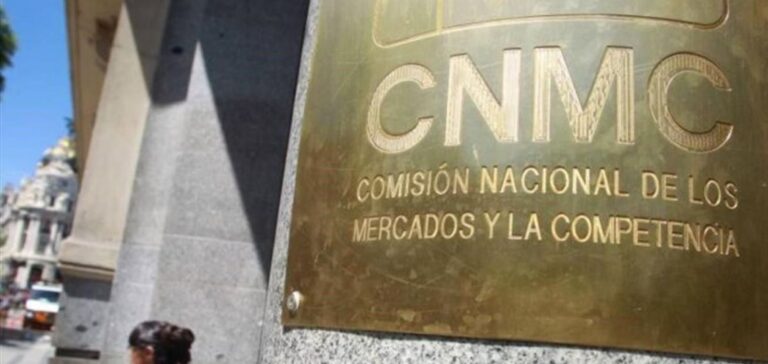The Spanish competition authority has opened an investigation against three oil and gas giants, Spain’s Repsol and Cepsa and Britain’s BP, for “possible anti-competitive practices” in the sale of fuel, sources said Wednesday.
This investigation, opened following a complaint from independent operators, concerns “several operators active in the Spanish energy sector”, accused of illegal practices, said in a statement the National Commission for Markets and Competition (CNMC).
It gave rise to several “searches” between “November 28 and December 2” at the headquarters of the companies concerned, adds in this statement the CNMC, which did not wish at this stage to disclose the identity of these companies, as it is a “preliminary” investigation.
Questioned by AFP, Repsol, BP and Cepsa – whose names were cited by Spanish media – all three confirmed that they had been inspected, denying any illegal practice and assuring “full cooperation” with the competition authority.
“Repsol has fully cooperated with the CNMC,” said a spokesman for the Spanish group, adding that the company “categorically denies the facts denounced” and “strictly complies with the regulations” on competition.
“We have submitted all the information required” to the CNMC “with the full conviction of the good behavior of our company in terms of competition,” said, for its part, a spokeswoman for Cepsa, BP having, for its part, assured to have “collaborated with the CNMC throughout the procedure.
According to a source close to the case, the three groups are accused of having violated competition rules by introducing an aggressive discounting policy towards consumers while setting high prices for the wholesale sale of fuel to independent service stations.
Asked by AFP about the details of the accusations against these companies, a CNMC spokeswoman mentioned a possible abuse of dominant position and a possible price-fixing agreement, without further details at this stage.
BP, Repsol and Cepsa, which supply the majority of independent stations, introduced a discount on their fuels in the spring, in addition to the subsidies announced by Spain’s left-wing government to lighten consumers’ bills.
These reductions “were announced publicly” and not “secretly”, as part of an agreement with the authorities in the face of soaring oil prices, insists a sector source.
Repsol, Cepsa and BP had already been fined eight million euros in 2009 for agreeing on prices at their service stations.






















